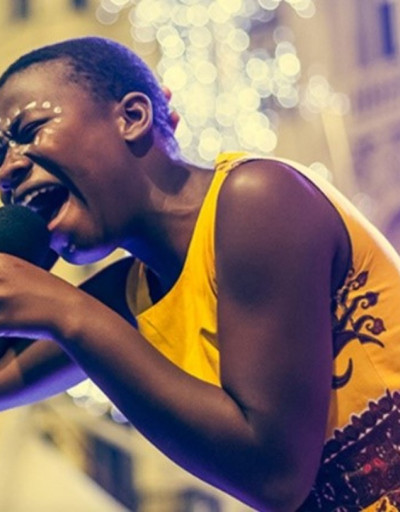
The UNESCO-Bangladesh Bangabandhu Sheikh Mujibur Rahman International Prize for the Creative Economy
Created in 2020, the UNESCO-Bangladesh Bangabandhu Sheikh Mujibur Rahman International Prize for the Creative Economy Prize rewards exceptional initiatives that support young entrepreneurs in the field of the creative economy.
The creative economy includes sectors such as cinema/audio-visual, design, media arts, music, performing arts, publishing, visual arts. Today, culture and creativity accounts for 3.1% of global Gross Domestic Product (GDP) and 6.2% of all employment.
Creative entrepreneurship is one of the engines of the creative economy. It is the aptitude, energy and skills base, that – together with creativity – underpins the success of the creative sector. Creative entrepreneurs inhabit every sector of the creative economy. They provide business skills and analysis to creative endeavours, bringing them out of the sphere of personal reflection and expression, into the public domain and marketplace.
Inaugural Prize ceremony
On 11 November 2021, Audrey Azoulay, Director-General of UNESCO, and Sheikh Hasina, Prime Minister of Bangladesh, awarded the first UNESCO-Bangladesh Bangabandhu Sheikh Mujibur Rahman International Prize for the Creative Economy to MoTIV Creations Limited of Uganda during a ceremony at UNESCO Headquarters in Paris.


By rewarding all those who enable creators, especially women and young people, this Prize opens up new horizons for humanity through culture and the arts. This Prize is a tangible measure to defend those who drive this sector, which is so important for our societies, our economies and our future.
The UNESCO-Bangladesh Prize, a legacy of the father of the Bengali Nation
Created in 2020, the UNESCO-Bangladesh Bangabandhu Sheikh Mujibur Rahman International Prize for the Creative Economy is named after the father of the Bengali nation, Bangabandhu Sheikh Mujibur Rahman, who believed in the power of youth and culture as unifiers of building harmony and peace in the society.



